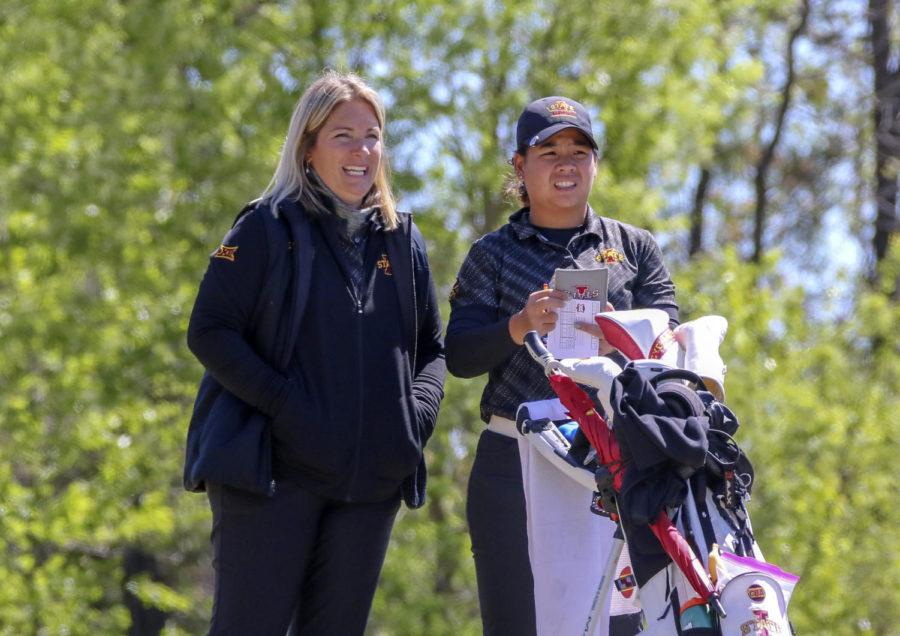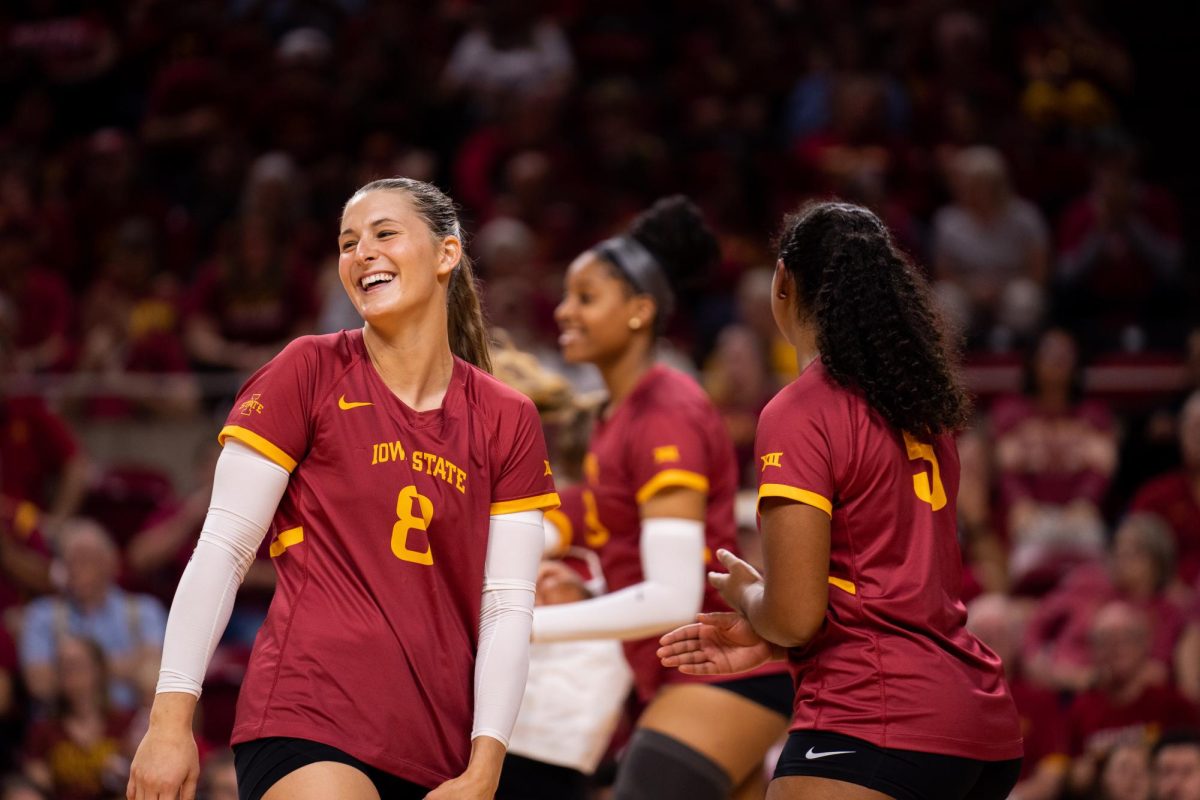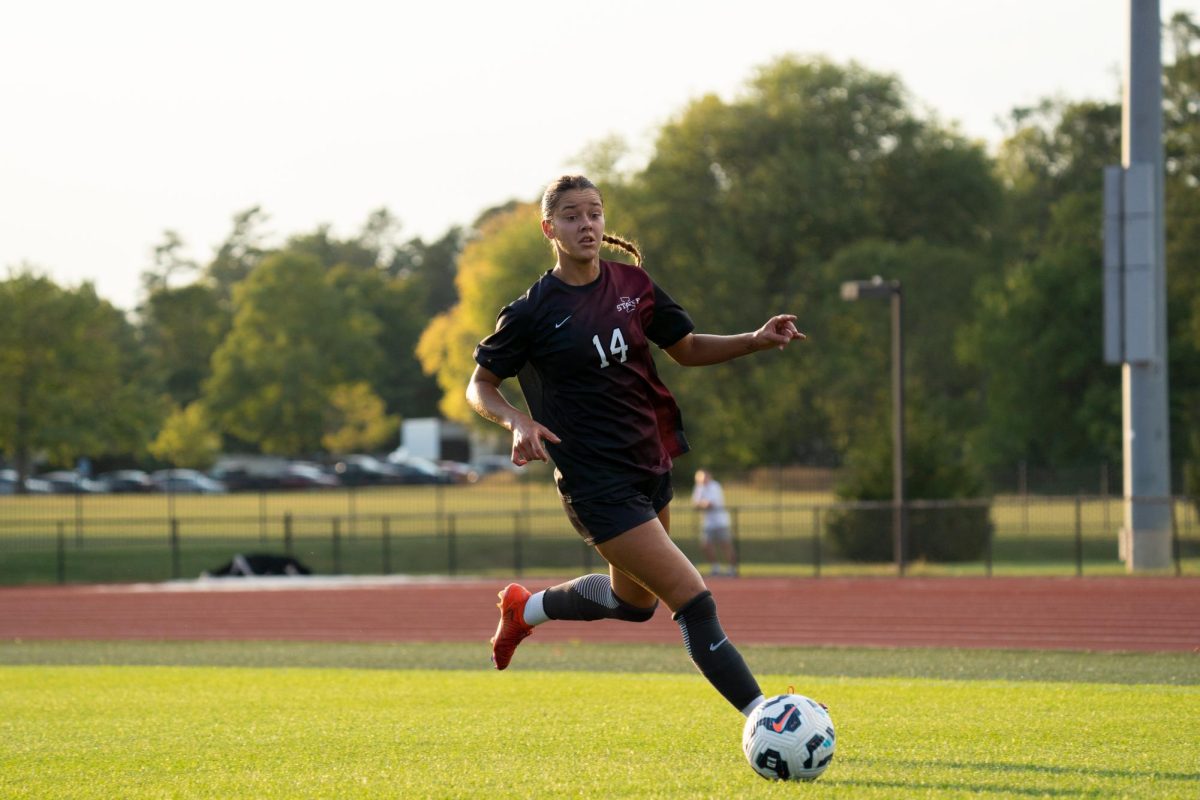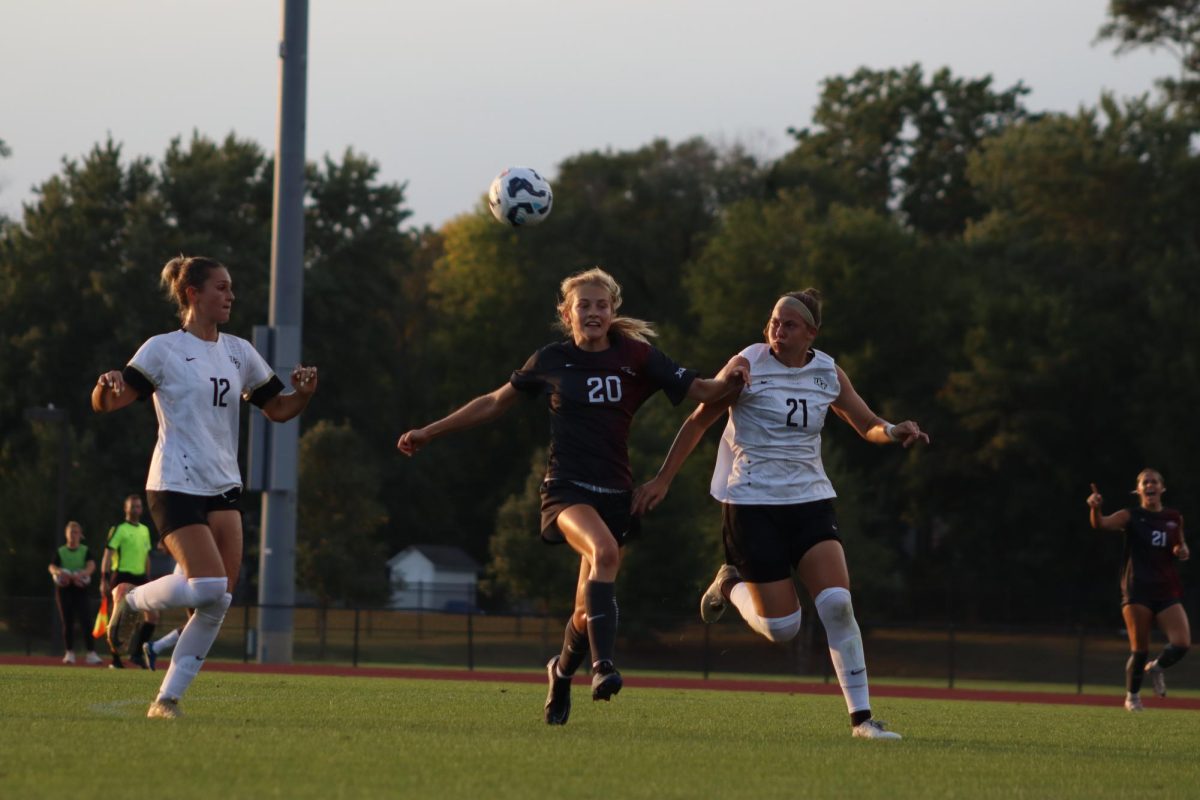Romantic student-professor relationships discouraged
October 15, 2003
Although it may be beneficial to both students and professors to have a healthy classroom relationship, the issue of extending that relationship beyond the classroom has currently come under scrutiny.
The University of California has instated a new regulation on its nine campuses banning professors from engaging in romantic relationships with students. The regulation at one of America’s largest universities raises concern about teacher/student relationships across the country, including Iowa State.
Carla Espinoza, assistant vice president of human resources, said Iowa State’s policy bans professors from dating students if they are in a position of grading or evaluating the student.
“If a faculty member and a student are engaged in a relationship, they have a responsibility to let the department head know,” she said. “They have further responsibility to make sure they’re not in a … relationship where the faculty member is testing or grading the student.”
She said the policy was adopted in 2001 in a set of protocol developed by the Faculty Senate. The main reason for the new policy was to clarify the university’s stance on consenting relationships.
“[The university’s policy] was strict on interpretation, and this one gives more opportunity for good judgment,” she said. “Discouraging faculty [from dating students] is clearer than before.”
While the policy bans professors from dating students within their class, the policy does not extend any further, she said.
A relationship between a student and professor in the same department, but not in the same class, is legal, she said.
These relationships are not disapproved of, but are strongly discouraged because the two parties might share a class in the future, Espinoza said.
This would lead to either the professor having to object from teaching, or the student being asked to drop the course.
When a romantic relationship has been found to exist in a classroom, Espinoza said the university has administered punishment to those involved.
Punishments in the past have included letters of reprimand and termination of tenured professors.
“The sanctions are both mild and severe,” Espinoza said. “Hopefully, those sanctions are comparable to the offense.”
She said the policy is not meant to punish, but to maintain an open learning environment at Iowa State.
“The main purpose of the policy is to protect the potential victims,” Espinoza said. “Hopefully, people are educated enough to know that it is inappropriate in the learning place.”
Although the policy is used to protect the learning environment, one former ISU professor says long-term relationships can begin in the classroom.
Giles Fowler, a retired ISU journalism professor, said he met his wife, Veronica Fowler, while he was a visiting professional at Kansas State University 21 years ago. He said they have been married for 20 years and have three children.
“I didn’t give a thought to their policy,” he said. “I guess I was naŒve about teaching and its various aspects.”
When they started their relationship, Giles was Veronica’s teacher in a reporting class at Kansas State.
He said most students and peers didn’t care, and only a few people disapproved.
He said only a couple of Veronica’s friends expressed disapproval to his face.
“I know things could have gone horribly wrong if he used his power over me,” she said. “But we wouldn’t be married now.”
She said although their relationship is an exception, Iowa State’s policy is a good measure if all parties involved are treated as adults.
“There are some exploitative jerks out there, but the university needs to discuss the relationship before judging,” she said.
Even though the policy discourages relationships between teacher and students, Espinoza said the university doesn’t try to discourage romantic relationships on campus.
“A lot of people have found their significant others while pursuing their education,” she said. “As long as the relationship doesn’t not adversely affect a person’s learning or working environment, the university shouldn’t have any business about it.”




